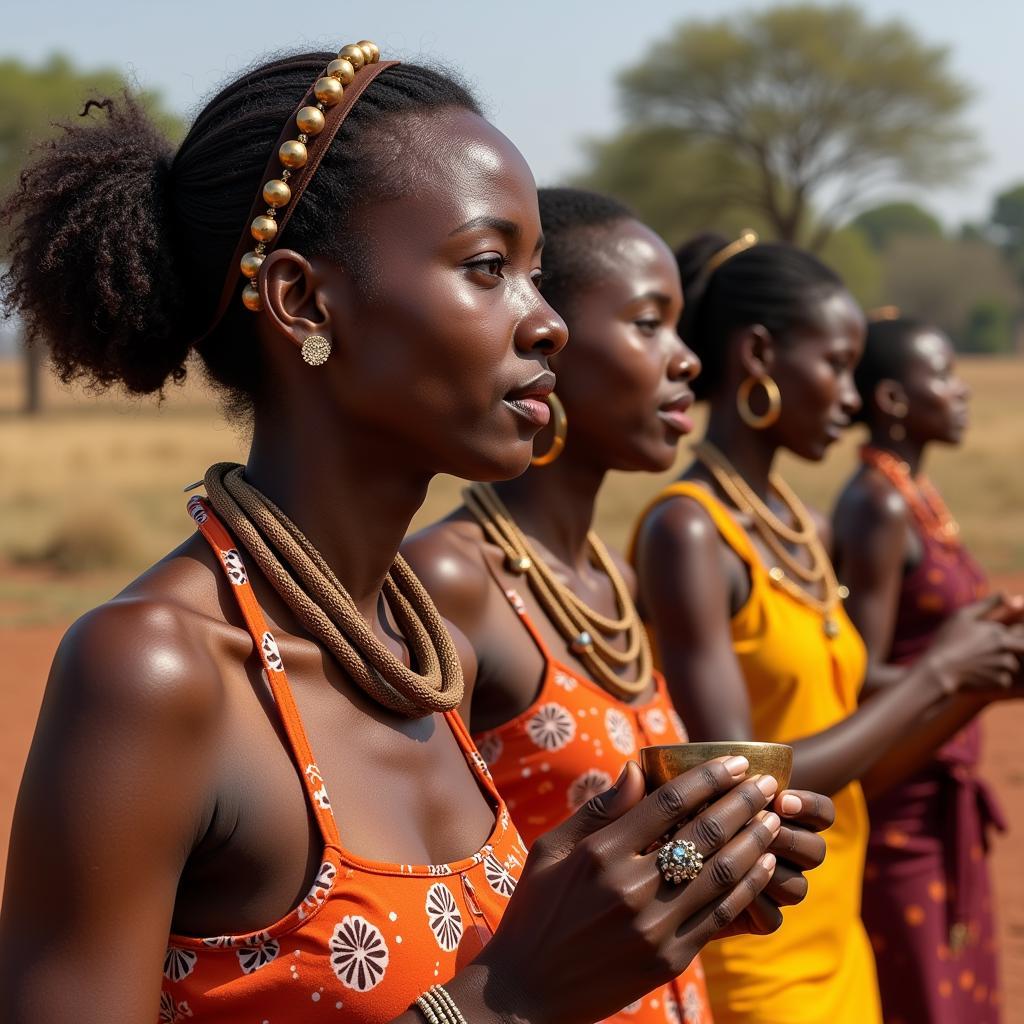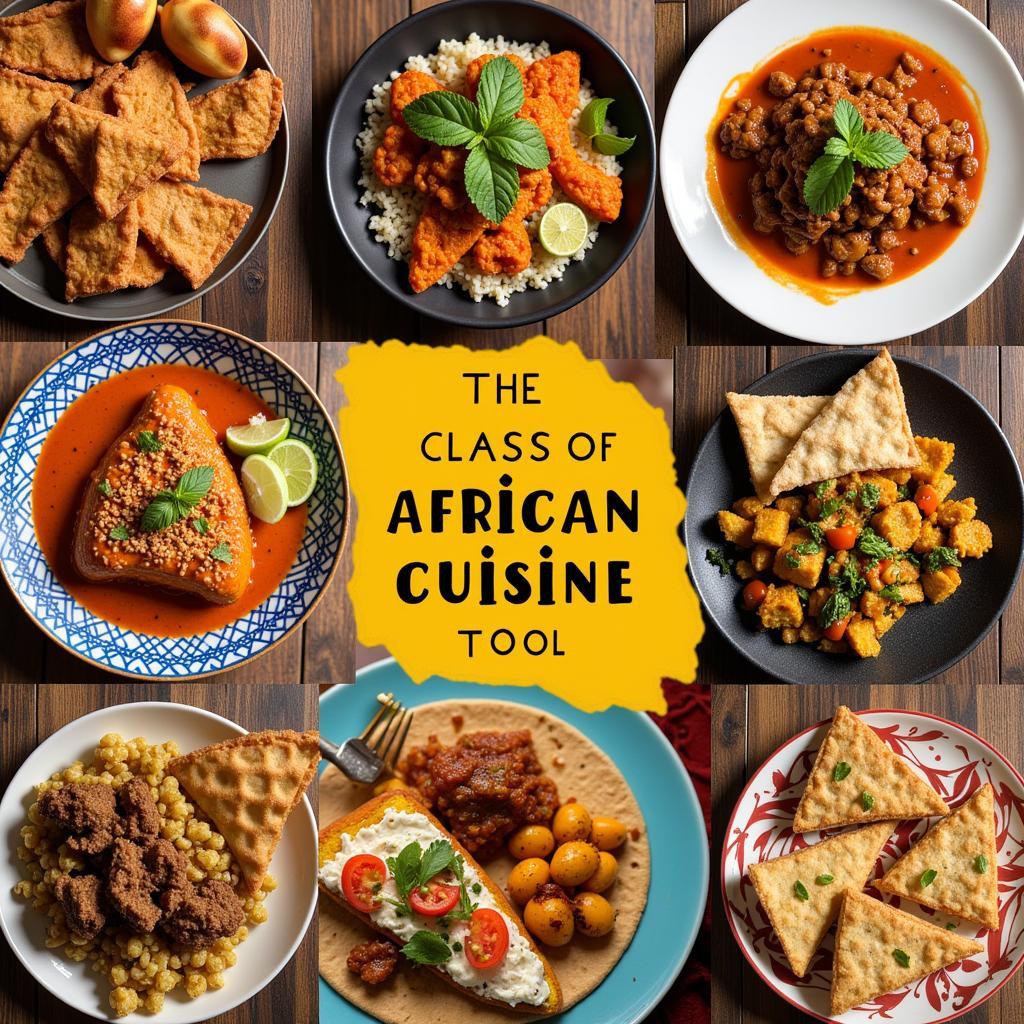African Customary Law: An Introduction
African customary law is a vital aspect of the legal landscape across the continent, governing a significant portion of the population, particularly in rural areas. This introduction to African customary law will explore its key principles, historical context, and ongoing evolution within modern legal systems. Learn how this complex and diverse system of laws shapes lives, resolves disputes, and influences contemporary legal frameworks in Africa.
Understanding the Essence of African Customary Law
African customary law is not a monolithic entity but rather a collection of diverse legal traditions unique to various ethnic groups, tribes, and communities across Africa. It’s an unwritten system of law passed down through generations, often embedded in oral traditions, rituals, and social practices. These laws regulate various aspects of life, including marriage, inheritance, land ownership, dispute resolution, and social conduct. The african concept of land ownership is particularly interesting, often differing significantly from Western legal concepts.
These customs and traditions are not static; they adapt and evolve in response to changing societal needs and external influences. One of the primary characteristics of African customary law is its emphasis on community, consensus, and restorative justice. Rather than focusing solely on punishment, it aims to restore harmony and balance within the community.
The Historical Context of African Customary Law
African customary law predates colonial rule, representing centuries of accumulated wisdom and experience in regulating social relations. It provided a framework for governance and conflict resolution long before the introduction of Western legal systems. While colonization significantly impacted traditional legal systems, customary law remains a powerful force in many African societies, often operating alongside formal legal structures.
Key Principles and Practices
A fundamental principle of African customary law is its flexibility and adaptability. It is not codified in a fixed set of rules but rather evolves organically based on community needs and changing circumstances. This flexibility allows it to respond to evolving social dynamics and address new challenges while maintaining its core values.
- Emphasis on Oral Tradition: Much of African customary law is transmitted orally, passed down through generations by elders and community leaders.
- Community-Centric Approach: It prioritizes the collective well-being of the community over individual rights, emphasizing reconciliation and restoration.
- Role of Elders: Elders play a crucial role in interpreting and applying customary law, acting as mediators and arbitrators in disputes.
- Spiritual and Moral Dimensions: Often intertwined with spiritual beliefs and moral codes, shaping both legal and ethical frameworks.
Professor Abimbola Akinsanya, a renowned scholar of African law, notes, “African customary law is not simply a set of rules; it is a way of life, deeply embedded in the social fabric of communities across the continent.” This highlights the integral role it plays in shaping social norms and values.
African Customary Law in the Modern Era
Today, African customary law faces the challenge of navigating a complex interplay with modern legal systems. The african court system often grapples with the integration of these customary practices. While some argue for its formal codification and integration, others advocate for preserving its dynamic and unwritten nature.
Challenges and Opportunities
The integration of customary and modern legal systems presents both challenges and opportunities. One key challenge is ensuring that customary law aligns with constitutional rights and international human rights standards. There are instances where certain aspects of customary law, such as those relating to gender equality or inheritance, may conflict with modern legal principles.
Another challenge lies in documenting and codifying a system that has traditionally been oral. While some progress has been made in recording customary law, much of it remains undocumented, posing challenges for its consistent application and accessibility. For those interested in further research, resources like african customary law pdf can provide valuable insights.
Dr. Chimamanda Ngozi Adichie, a prominent author and advocate for cultural preservation, observes, “The richness and complexity of African customary law should be celebrated and protected, while also ensuring its compatibility with modern legal principles.” This underscores the need for a balanced approach that respects both tradition and contemporary legal frameworks.
Conclusion
African customary law, with its deep roots in tradition and community, continues to play a significant role in shaping the legal landscape of Africa. Understanding its core principles, historical context, and ongoing evolution is crucial for comprehending the diverse legal systems operating across the continent. As African nations grapple with the complexities of integrating customary and modern legal frameworks, it is essential to find a balance that respects both tradition and the principles of justice and equality.
FAQ
- What is the primary source of African customary law? (Oral traditions and customs)
- Who plays a key role in interpreting customary law? (Elders and community leaders)
- What is a major challenge facing African customary law today? (Integration with modern legal systems)
- Is African customary law uniform across the continent? (No, it varies by ethnic group and region)
- What is a core principle of African customary law? (Emphasis on community and restorative justice)
- How does African customary law adapt to change? (Through organic evolution based on community needs)
- Where can I find further resources on this topic? (Online databases, academic journals, and libraries)
For further assistance please contact Phone Number: +255768904061, Email: [email protected] Or visit us at: Mbarali DC Mawindi, Kangaga, Tanzania. We have a 24/7 customer service team.

